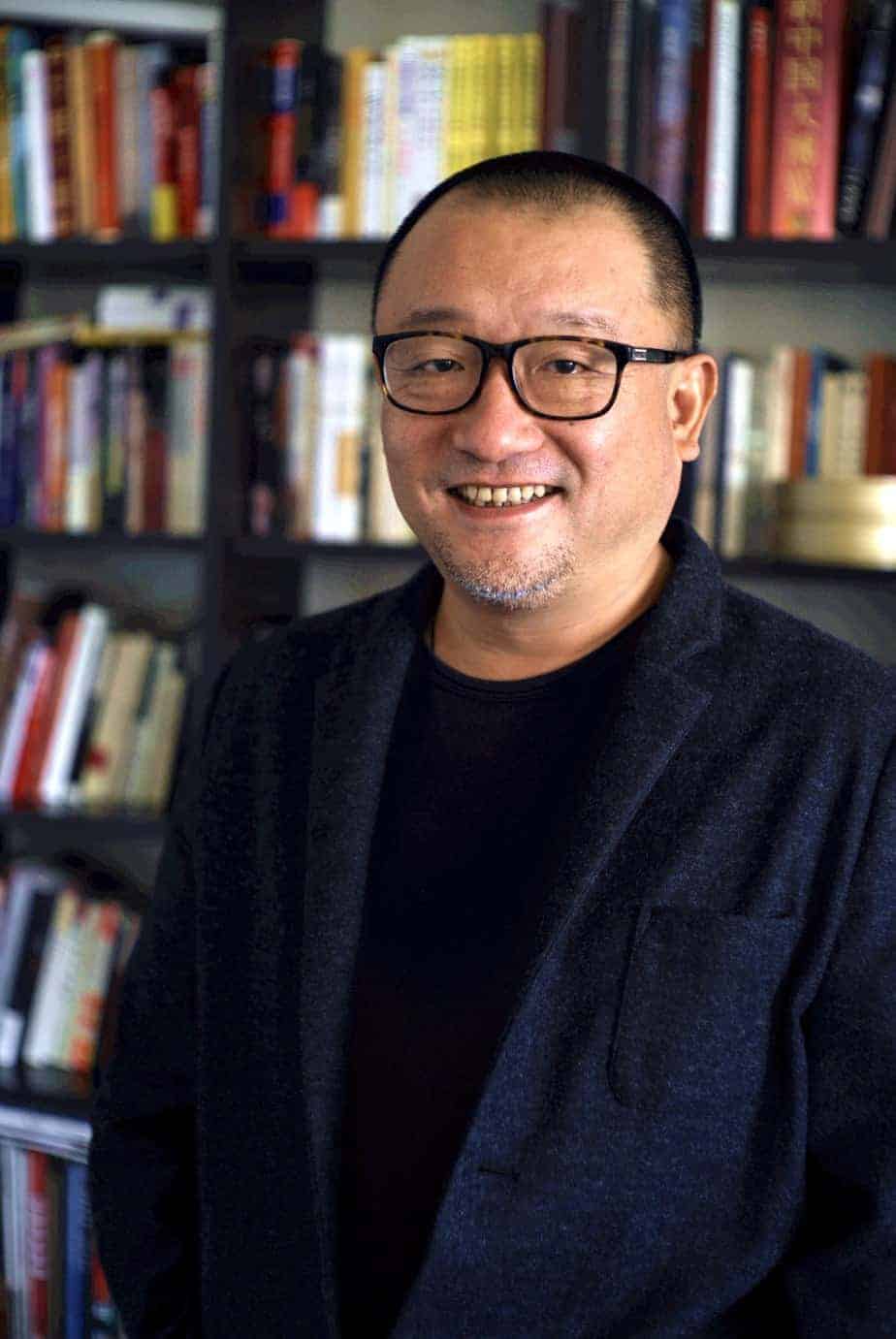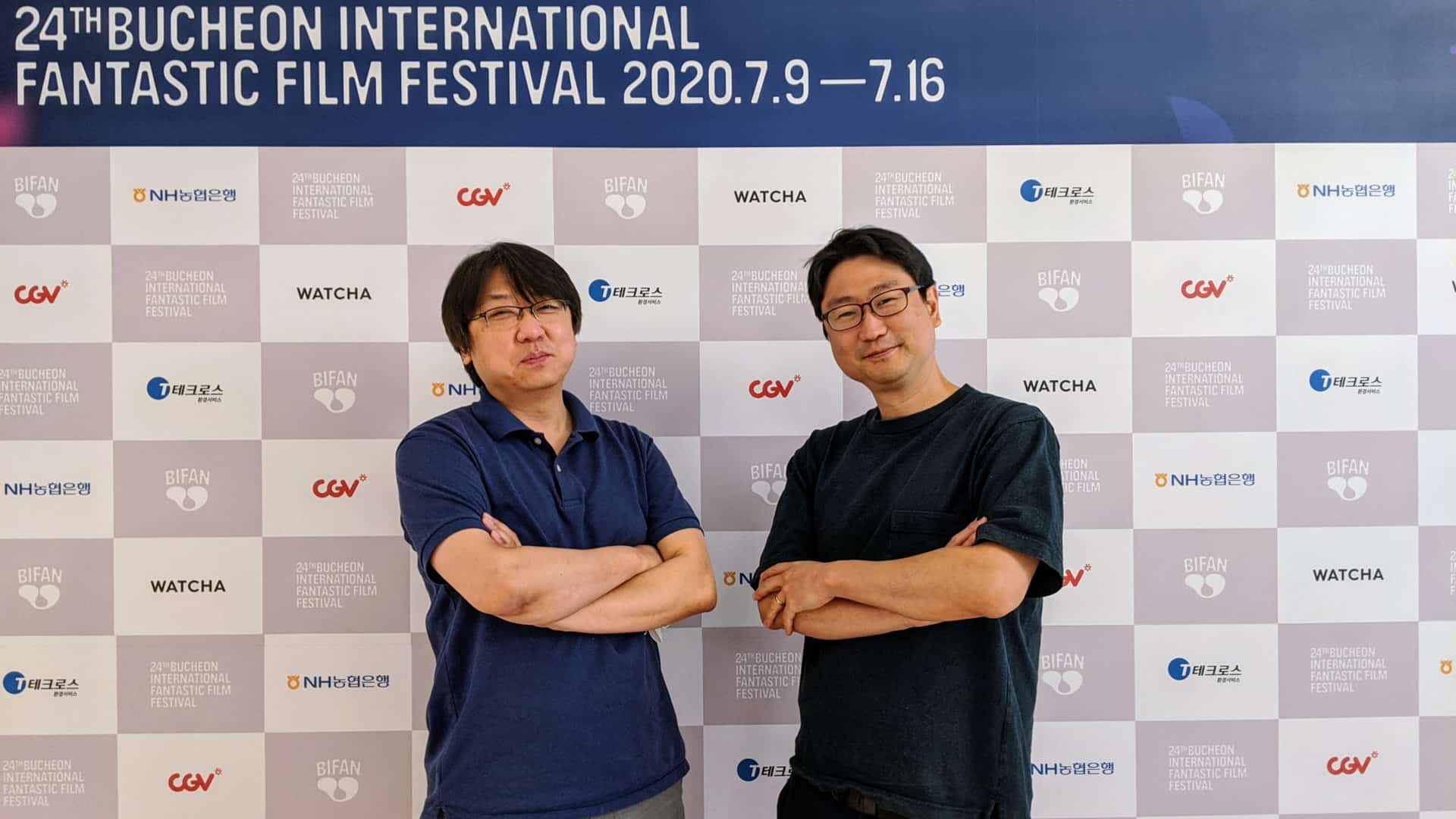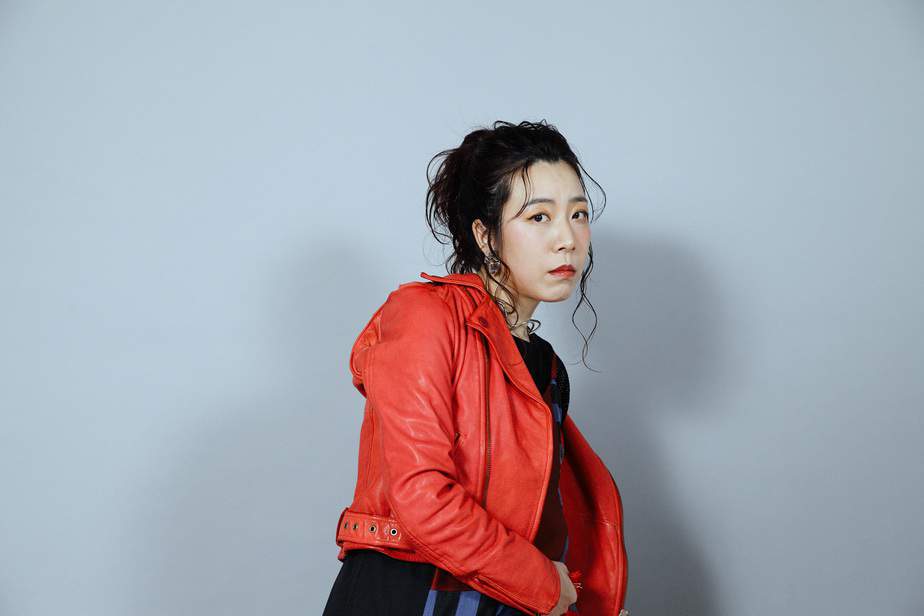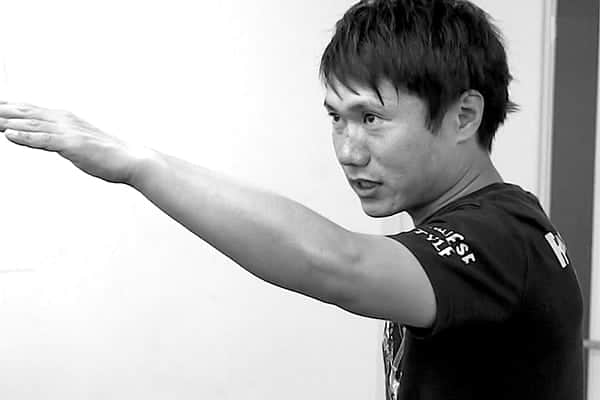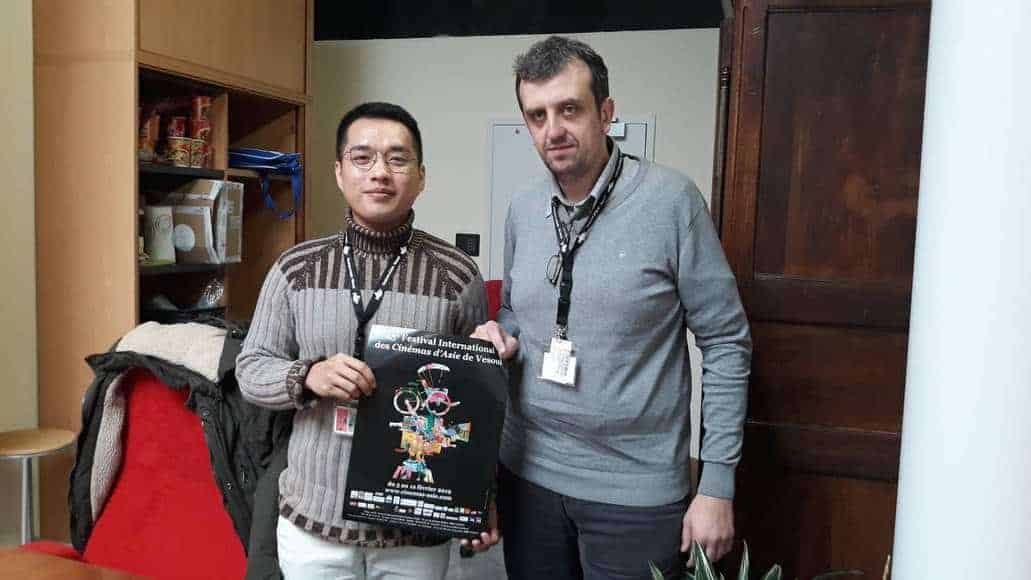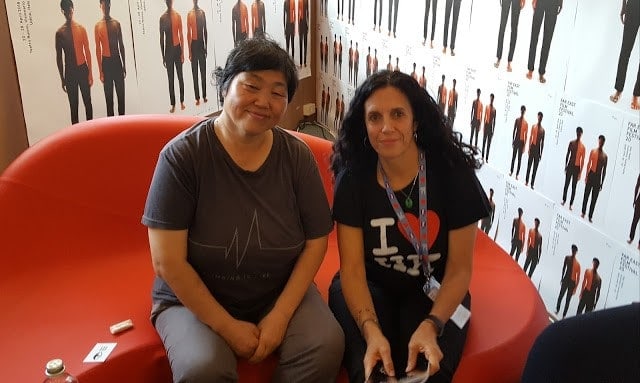A pioneering director of 1990s independent Chinese cinema, he is one of the few filmmakers to remain true to his art in spite of the rampant commercialism of China's film market. His directorial debut “Dongchun di rizi” screened in the 1994 Forum and is held in the collection of the Museum of Modern Art in New York. His work has already screened twice in the Competition: “Shi qi sui de dan che” won the 2001 Jury Grand Prix; “Zuo You” won the Silver Bear for Best Script in 2008. He was appointed Chevalier of the Ordre des Arts et des Lettres by the French Minister of Culture in 2010.
On the occasion of “So Long, My Son” screening at Berlin International Film Festival, we speak with him about the film, his life, politics, censorship in China, and other topics

You are dealing with melodramatic stuff in a very subtle, gentle way. Can you tell me more about the style?
I am very afraid of mawkish and melodramatic films. I am very afraid of seeing people crying in real life. There are things I am simply uncomfortable with, like some things in film in China and on TV in particular when they are interviewing people and they just want to make them cry, they wait until it actually happens and then they do a close-up on that person's face. It is horrible!
How much of the story is close to your life?
The life I had as a film director was the same as the one of ordinary people in many ways. So, when we are making a film about those eras and those changes that happened, it very much resonates with me personally. It is perhaps a pessimistic way of looking at it, but being very much about one thing, those of us who grew up under the “one child” policy, which is the need to be extremely cautious about protecting your child and your family. So, what happens if disaster comes? And the impact of that era is much broader than just in between the family, it has had impacts on the level of the whole of society. But given the length of the timespan in the film, the “one child” policy is just one element in the film. There had been other policies and other policies that replaced those.

Would you agree that private life and policies always influence each other?
I do agree with that. It was different when I was a child, but now you still have a lot of people who say “politics has nothing to do with me”, but it is not true, we all live in an environment that is political. China has its own circumstances, the people of China have been told for many years that politics have nothing to do with them, so the ordinary people of China thought that politics is something that happens to you and that you are in a passive position. It is maybe different from the people in the West, who are able to participate in politics, make choices that affect politics in return. Because of the emergence of the internet and digital technology, we now have more and more people in China reflecting on politics and what is their actual relationship to the society.
Why did you use such a complicated structure and flashbacks so that a viewer needs at least one hour to figure out what the film is about?
Well, this story is especially hard to tell in a linear, chronological fashion. Your privilege as a director is to be a god, because you have got all that timespan with you, this is something you have been going through, so you can re-arrange it in order to concentrate on certain moments and events that are particularly important. I wanted to design it as a coherent story. During the flashback sequences in the film, I have not been trying to be particularly clear about what date and what decade they are taking place, so the viewer does not have to keep track of all those time points. You just have to keep track of what is happening.

Is there a sense of nostalgia in China, about the past and the times before the chaotic ones now?
There are a lot of expressions of nostalgia in China. The people are overwhelmed by the speed of change and there is a strong sense of injustice and the growing rift between the rich and the poor, so they want to go back to the era when everyone was equal, equally poor and they were all victims of the shifts of the political time. The pace of the change in the economy, the things that happened in the span of just a few decades, will always result in new problems occurring. So you have the phenomenon of corruption with all those government officials arrested for embezzling a huge amount of state or private assets. Obviously, those are not the things the people are happy with.
We have been talking about all those social issues, but we have not touched the topic of guilt and shame, the two emotions that are central to the film. How do the two of them fit in the social context?
One thing I am trying to do with my films, apart from exploring the political and social angle, is to explore what happens to individuals in a particular environment. A lot of people are striving to achieve security and prosperity and some people trying to achieve those results for themselves, end up doing things that hurt other people. But you cannot count on everyone to be that self-aware, to have that sense of guilt. You always have individuals within this large group of people that constitutes society who say no, who say that they will not be driven by this environment to do harm to others. Because of various sins that they have committed, many of them are not willing to recognize them, they are burying them down, covering up for a long period of time. My film will play a role of telling people that sooner or later, your conscience will come back. My last film “Red Amnesia” was also about this point, since its protagonist, an old lady approaching her final breath, has to reconcile with her sense of inner guilt. It is not easy, but as an artist you have to persevere with that approach.

You made a film that is very critical about the regime and some days ago another Chinese film at the festival, One Second by Zhang Yimou got cancelled “due to technical reasons” which was interpreted immediately as an act of state censorship. What is your take on what happened to your colleague?
You have also noticed that on this festival there is another Chinese director, Lou Ye, who has been on the record several times saying that he has issues with Chinese censorship. Basically speaking, it is hard for people from outside of China, or even inside China, to understand everything because the information we get is not entirely clear to us. Our reaction was the same as the one from Berlinale, we were very shocked and very sorry for that. Regarding the censorship in China, the most important thing for the directors to do is to true to themselves with their artistic output. Their own films must be free and they should not be making them for the sake of publicity, commercial reasons, money… So, censorship does exist, but what should we be more vigilant about is the possibility of self-censorship by the directors and other creative artists.
How do you manage to make a film in these conditions, a film that is so critical about China?
There is a saying in Chinese, I quote “When your vehicle comes to the mountain, there must be the way past”. What is important is that you see it just as the final stretch of road you have to travel down, you must not put it in front of yourself right in the beginning and keep telling yourself “I can't do this, I can't do that”. There is even a bigger issue in China at the moment, which is the financial side of things. The Chinese film market as a whole is becoming bigger and bigger. That means that commercial films from America and from China do very well and are enjoying huge box office returns, so for now it is the road to get rich and successful quite fast. A lot of people are attracted to this easy way to make money.


